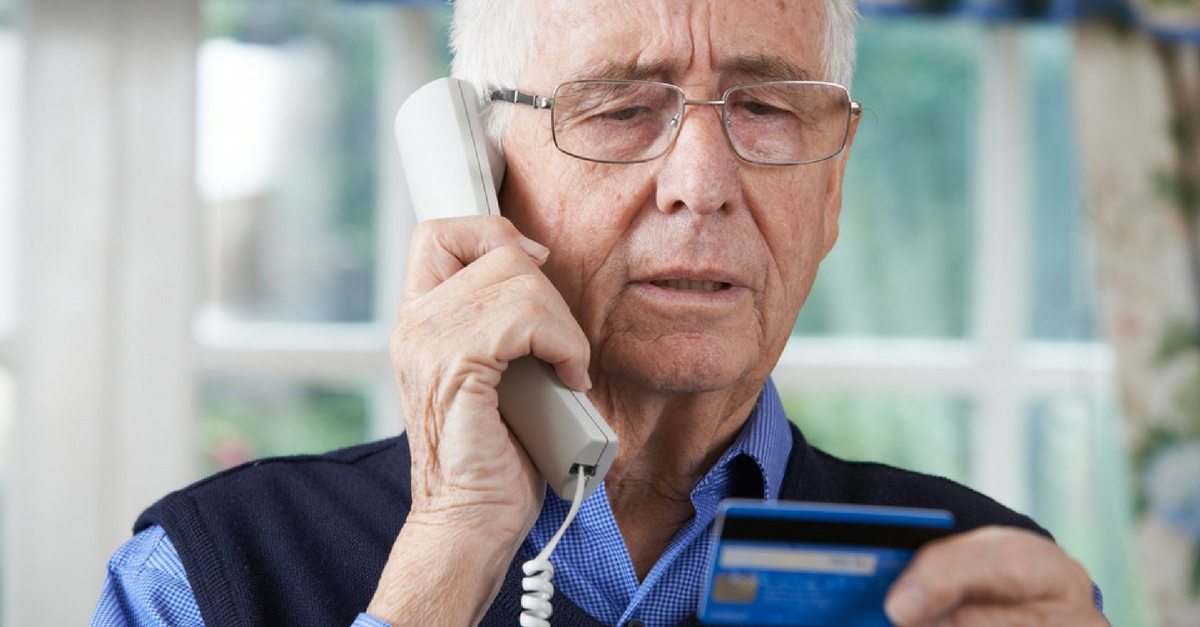
The Canada Revenue Agency has been warning Canadians to be wary of aggressive tax scams demanding payment over the phone. Many of the callers use terrorizing language often threatening arrest, jail time or calls to your employer if they do not receive payment.
However, in a new twist reported by one of our clients, these fake tax agents are also providing what they think is personal information about you to appear more legitimate.
We heard from an elderly client who received a phone call from a fake CRA representative claiming that she owed back taxes. While they were talking to her they mentioned her bankruptcy and told her the police would be coming to pick her up if she didn’t pay. The fact that they potentially mentioned something personal about her situation made her worry even more that the call was legitimate.
Luckily we were able to tell her that mentioning this information does not mean the call was from a real CRA tax agent. We advised that these thieves could in fact find out a lot of personal information about her from legitimate means and will use this information to try to steal from her.
Table of Contents
How scammers may know you
There are multiple ways that scammers can learn information about you:
- They can buy lists from websites, catalogues, memberships where you may have registered any time in the past.
- They can look you up on Facebook or any other social media profile where you do not have strong privacy settings enabled.
- Scammers often create fake online profiles sending you a friend request in order to access even protected profiles.
- They listen carefully to your own commentary, harvesting information from what you say and ‘guestimate’ from there additional facts about you.
- They search public record databases for additional information looking for possible matches with their existing database.
Given that these scams are resulting in millions of dollars in financial losses for Canadians, it is well worth their investment in time and money to obtain this personal information.
What to do if you receive a call
- Be aware that the CRA will never ask you to meet them in a public place to receive payment and do not ask for credit cards, gift cards or wire transfers.
- CRA will not ask for personal information including your passport, health card or driver’s license.
- CRA does not leave personal information or threats on your answering machine.
- If in doubt as to whether the call is legit, hang up and call CRA directly yourself.
Protect your identity
- Never open suspicious texts or emails or attachments.
- Never give anyone personal, credit card or any form of financial information over the phone or via email.
- Choose long passwords that are difficult to guess. A good and fun password generator is available here.
- Be careful about how much personal information you share on any social network, even those protected by privacy settings.
When in doubt, go with your instincts. Let the person know you are hanging up and will call the CRA, bank or charity, whoever they are saying they represent, directly. It’s always better to be safe than sorry.






